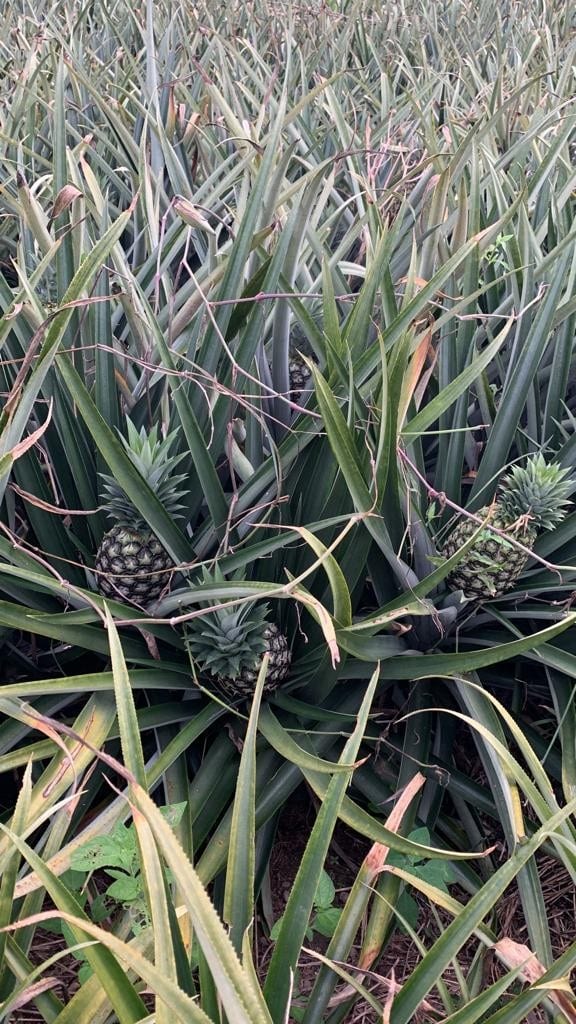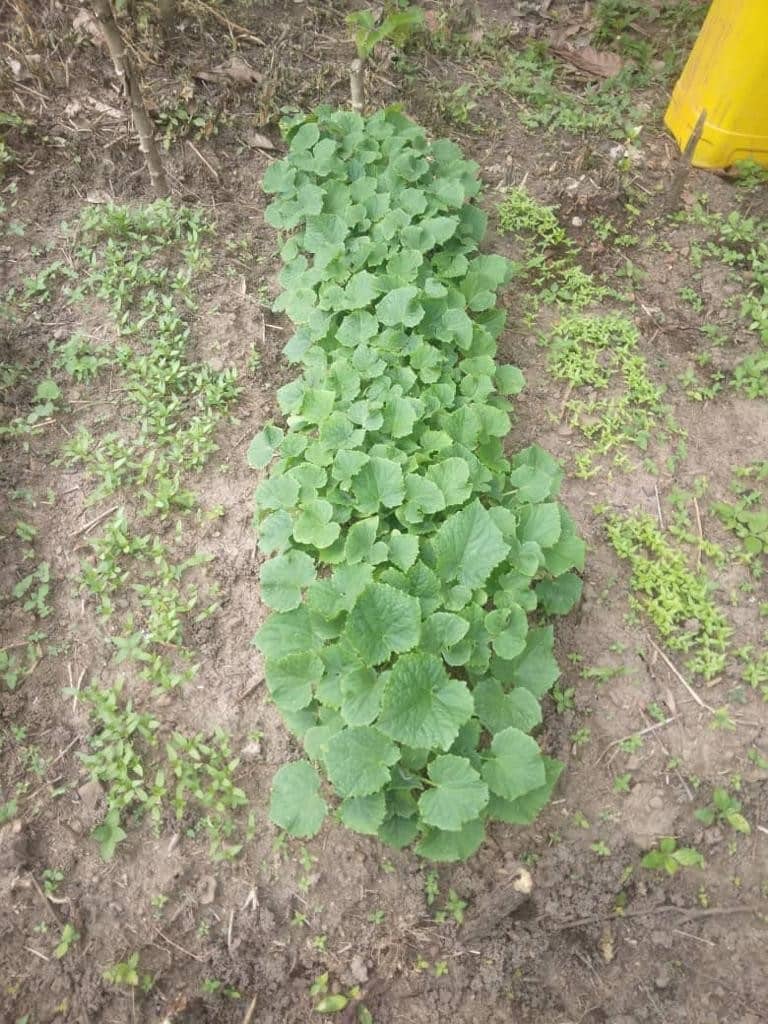Are you a farmer in Ghana? This guide is your go-to resource for sustainable farming practices. Find out how to maximize yields and protect the land for future generations.
This guide will provide you with valuable information on sustainable farming practices that can help you achieve these goals.
Understand the Importance of Sustainable Farming.
Sustainable farming is crucial for the long-term success and viability of agriculture in Ghana. By practicing sustainable farming methods, farmers can ensure that their land remains fertile and productive for future generations. Sustainable farming also helps to protect the environment by reducing the use of harmful chemicals and promoting biodiversity. In addition, sustainable farming practices can lead to higher yields and increased profitability for farmers. It is important for farmers to understand the importance of sustainable farming and to implement these practices on their farms.
Implement Crop Rotation and Diversification.
One of the key sustainable farming practices that farmers in Ghana should implement is crop rotation and diversification. Crop rotation involves planting different crops in a specific sequence on the same piece of land over time. This helps to prevent the buildup of pests and diseases that can affect a single crop. It also helps to improve soil fertility by replenishing nutrients and reducing soil erosion.
Diversification, on the other hand, involves growing a variety of crops on the farm. This not only spreads the risk of crop failure but also promotes biodiversity and ecosystem health. Different crops have different nutrient requirements and growth patterns, which can help to improve soil health and reduce the need for synthetic fertilizers and pesticides.
By implementing crop rotation and diversification, farmers can improve the sustainability of their farming practices. They can also reduce their reliance on external inputs and increase their resilience to climate change and other environmental challenges. Overall, these practices can lead to higher yields, better soil health, and a more sustainable farming system in Ghana.
Use Organic Fertilizers and Pest Control Methods.
In addition to crop rotation and diversification, another important sustainable farming practice in Ghana is the use of organic fertilizers and pest control methods. Organic fertilizers, such as compost and manure, are derived from natural sources and provide essential nutrients to the soil. They help to improve soil fertility, enhance crop growth, and reduce the need for synthetic fertilizers that can harm the environment.
Similarly, using organic pest control methods can help farmers minimize the use of harmful pesticides. This includes techniques such as biological control, where natural predators or parasites are introduced to control pests, and cultural practices like crop rotation and intercropping, which can disrupt pest life cycles.
By adopting these organic practices, farmers can protect the land and water resources, minimize the risk of chemical contamination, and promote a healthier ecosystem. It also ensures the production of safe and high-quality food for consumers. Overall, the use of organic fertilizers and pest control methods is essential for sustainable farming practices in Ghana.
Conserve Water and Manage Irrigation Systems.
Water conservation and efficient irrigation management are crucial aspects of sustainable farming practices in Ghana. With increasing water scarcity and the need to optimize water usage, farmers must implement strategies to conserve water and effectively manage their irrigation systems.
One way to conserve water is through the use of drip irrigation systems. Drip irrigation delivers water directly to the roots of plants, minimizing water loss through evaporation or runoff. This method not only reduces water wastage but also ensures that plants receive the necessary amount of water for optimal growth.
Farmers can also implement water-saving techniques such as mulching. Mulching involves covering the soil around plants with organic materials like straw or wood chips. This helps to retain moisture in the soil, reducing the frequency of irrigation and preventing water loss through evaporation.
Furthermore, farmers should regularly monitor and maintain their irrigation systems to ensure efficiency. This includes checking for leaks, adjusting sprinkler heads, and scheduling irrigation based on plant needs and weather conditions. By properly managing irrigation systems, farmers can avoid overwatering or underwatering their crops, leading to improved water conservation and crop productivity.
Overall, conserving water and effectively managing irrigation systems are essential practices for sustainable farming in Ghana. By implementing these strategies, farmers can minimize water usage, protect water resources, and contribute to the long-term sustainability of agriculture in the country.
Practice Soil Conservation and Erosion Control.
Soil conservation and erosion control are vital practices for sustainable farming in Ghana. The country’s agricultural lands are susceptible to erosion due to factors such as heavy rainfall and improper land management. Erosion can lead to the loss of topsoil, which is essential for plant growth and nutrient retention.
To prevent soil erosion, farmers can implement various techniques. One effective method is contour plowing, which involves plowing along the contour lines of the land. This helps to slow down the flow of water and prevent it from carrying away soil particles.
It involves creating level platforms or steps on the land to reduce the speed of water runoff and allow it to infiltrate the soil.
Cover cropping is another important practice for soil conservation. Farmers can plant cover crops, such as legumes or grasses, during periods when the main crops are not growing. These cover crops help to protect the soil from erosion by providing ground cover and improving soil structure.
Additionally, farmers can implement conservation tillage practices, such as no-till or reduced tillage. These practices involve minimizing the disturbance of the soil, which helps to maintain its structure and reduce erosion.
By practicing soil conservation and erosion control, farmers can protect their land from degradation and maintain its fertility for future generations.


